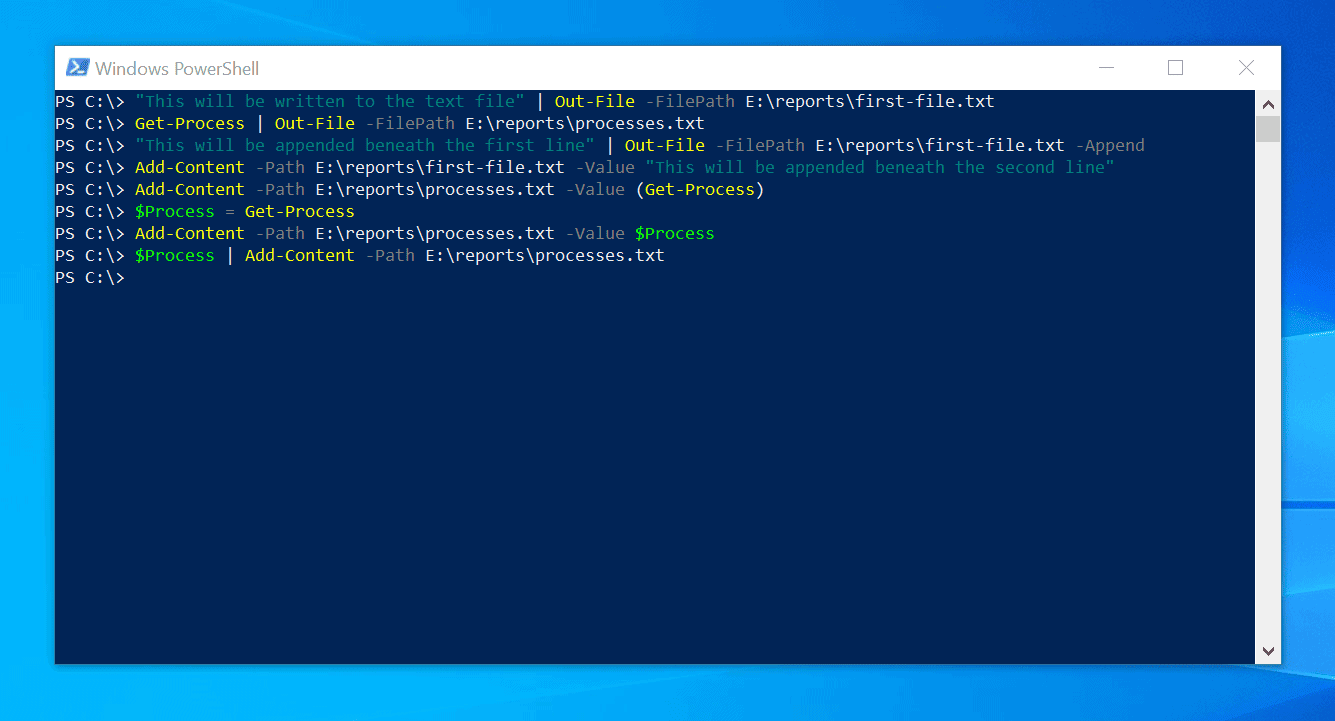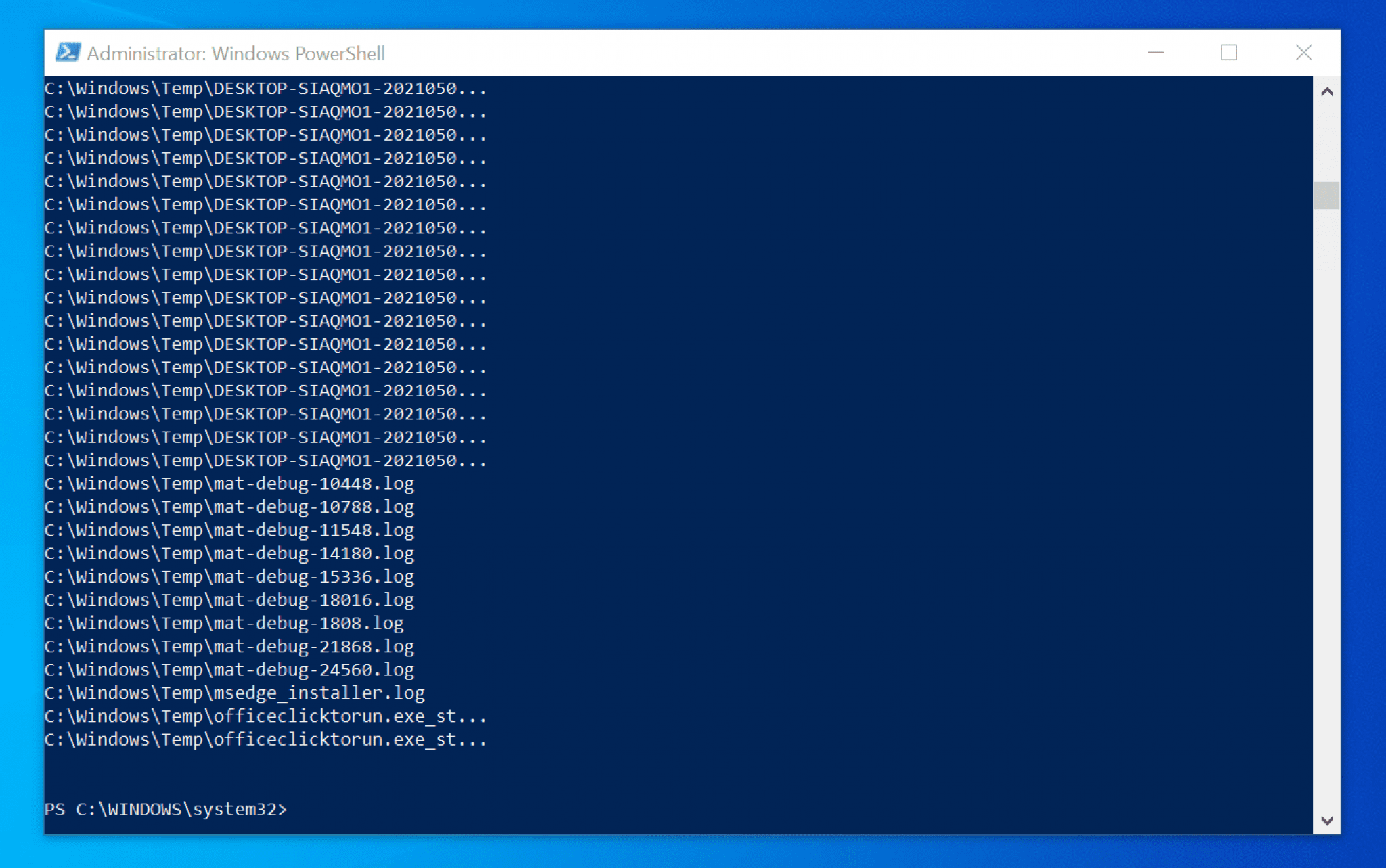
The obvious workaround would be to close the file when you want FileSystemWatcher to get the event, and reopen it to continue writing. Im trying to write a script that will watch a file system (folder with sub folders) and run a function every time a new file is automatically generated. So if we don’t close the file, which Flush doesn’t do, we won't get the expected notifications. Now, why does it work on XP/Server 2003? Optimization took place on Vista/Server 2008 and later, and file notifications don’t come as regularly as before, only on close now.

Powershell filewatcher windows#
What steps will reproduce the problem Create a new File watcher (in Windows OS). The metadata is not flushed until the FileStream.Close method is called at which time notifications are picked up by the native API ReadDirector圜hangesW used by FileSystemWatcher behind the scenes. File Watcher or External Tool with powershell.exe never ends on Windows 7. This has the side-effect of not notifying any applications using FileSystemWatcher of file changes (writes) or LastWrite changes. Change to only monitor on 'Delete' event Added path handling for running the script with a different user than the one to monitor. make sure you adjust this to point to the folder you want. So even if your script is busy processing a filesystem change, it should continue to log new filesystem changes and process them once PowerShell is done processing previous changes. The Flush method of the FileStream class does not cause Windows to flush the file's metadata. Global:Add-Log Global:Invoke-FileCopy New-FileWatcher Invoke-LogCleaner Get-LegalPath. To use the FileSystemWatcher correctly, you should use it asynchronously and make sure it uses a queue. log file with the Flush method, and a known limitation in this. The issue is caused by the second process updating the. Specify the file where you want the logs to be collected in. Now, on Windows Vista and later OS versions, this is not true. Windows PowerShell Steps to obtain a file audit report using Windows PowerShell Define the directory or folder or file you want to monitor Specify the format of the report with the details you want it to contain. log file when it produced log messages.Ī Changed event should be raised whenever the size of the specified file changes. File= " + e.FullPath) Īnother process was updating the. Static void M圜hangedMethod(object sender, FileSystemEventArgs e)įileInfo info = new FileInfo(e.FullPath) Static void MyErrorMethod(object sender, ErrorEventArgs e)
Powershell filewatcher code#
NET's FileSystemWatcher class and a code like the following:įileSystemWatcher fsw = new "myfile.log") įsw.NotifyFilter = NotifyFilters.Size | NotifyFilters.LastWrite įsw.Changed += new FileSystemEventHandler(M圜hangedMethod) įsw.Error += new ErrorEventHandler(MyErrorMethod)


A customer of mine was trying to monitor a.


 0 kommentar(er)
0 kommentar(er)
